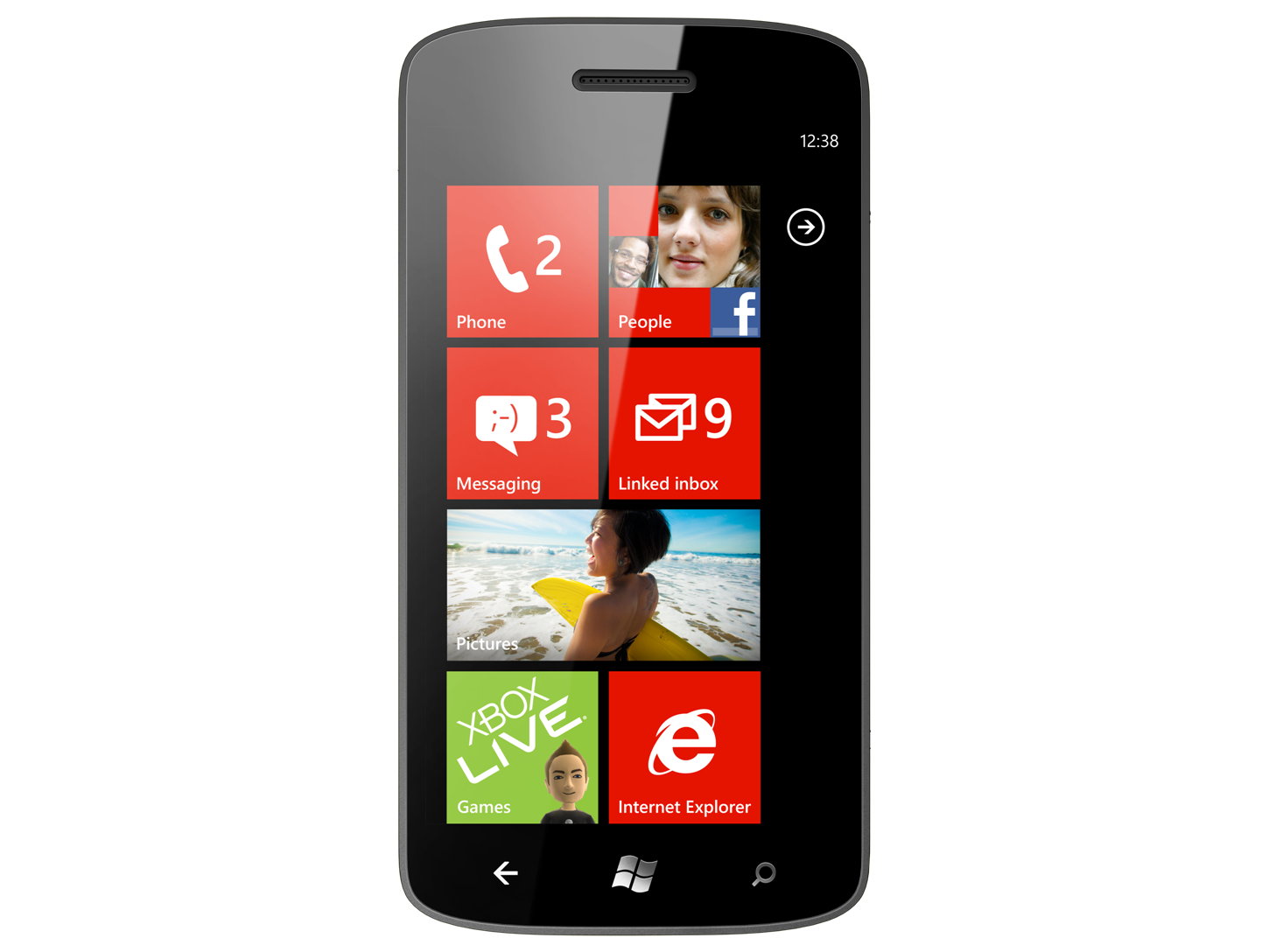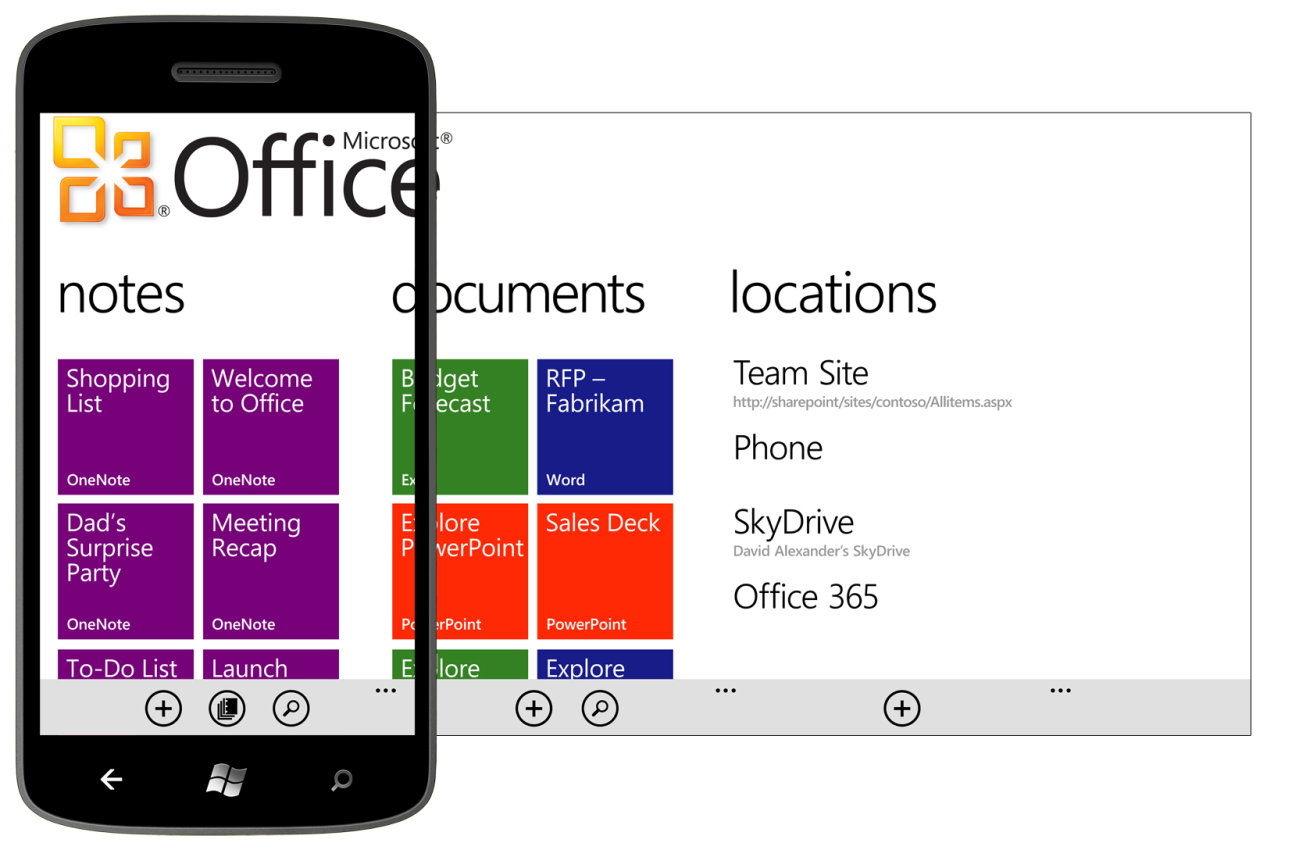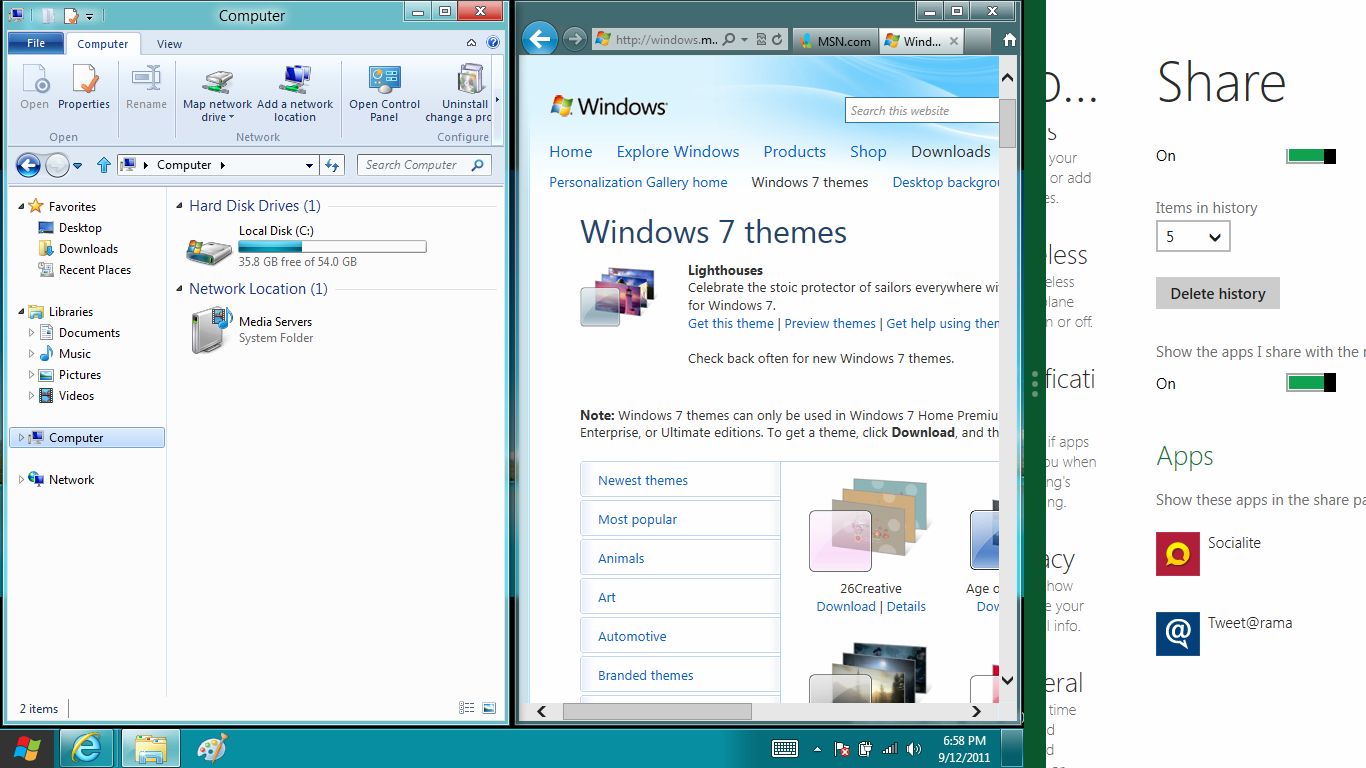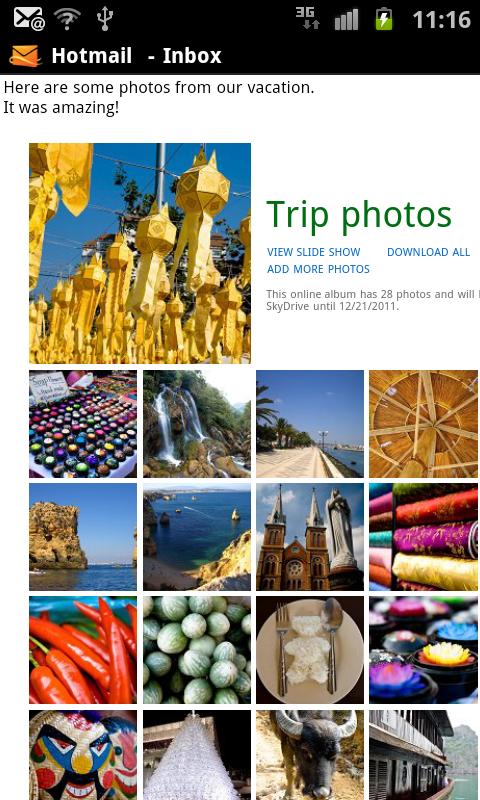7 ways to save Microsoft
Let's help Microsoft get its mojo back

Stephen Elop doesn't mince his words. "How did we get to this point? Why did we fall behind when the world around us evolved?" he asked staff in a memo, commenting that "We had a series of misses. We haven't been delivering innovation fast enough. We're not collaborating internally."
Elop was talking about Nokia, not Microsoft, but the former Microsoft man could easily have been talking about his previous employer.
While Microsoft remains a big player in the enterprise market, in the consumer market it increasingly looks like an also-ran. Its core business is still Windows, but that's looking increasingly threatened as the world moves to mobile - a market where Apple and Google dominate and Microsoft is far behind.
Windows Phone sales weren't enough for Steve Ballmer to get a bonus this year, the Zune player has finally been boiled for glue, and despite Microsoft spending billions on Bing, when we search, we generally Google.
It's no wonder that blogs such as Mini-Microsoft make everyone in Seattle sound suicidal.
We're optimists at TechRadar, though, and we think it's time to turn Microsoft's frown upside-down. Here are seven ways Microsoft can get its mojo back.
1. Spend more on Windows Phone
Sign up for breaking news, reviews, opinion, top tech deals, and more.
Microsoft can't afford to lose this market - IDC reckons we've got just four years before US mobile internet users surpass wired ones - but there's already speculation that big hitters such as Samsung are moving away from Microsoft's mobile OS.
Microsoft says it's invested "billions of dollars" in its Windows Phone partner Nokia, including huge sums for marketing, but it needs to do more: according to the latest surveys by Connected Intelligence, 45% of consumers don't even know Windows Phone exists. There's no point in having a great mobile OS - which Mango, the current release, is - if your partners aren't bothering to tell anyone about it.

MAN-WHAT?: Mango, the latest version of Windows Phone, is ace - but half the planet hasn't heard of it
2. Make a tablet
Microsoft shouldn't leave Windows 8 tablets to manufacturers it doesn't control. Rather than set minimum hardware requirements, Betanews' Joe Wilcox suggests Microsoft should set maximum ones by creating an all-singing, all-dancing Windows 8 device that delights gadget fans and inspires its hardware partners. "The Microsoft tablet could be to its partners what the Nexus smartphone series is for Google," Wilcox says.
3. Get some content
We'd written screeds about the comparative lack of media content on the Xbox, and then Microsoft announced a big stack of media deals that bring the likes of the BBC to Xbox Live. Hurrah for that: as Apple and Amazon keep demonstrating, technology is often as much about the media people can access as the hardware and software they run. Hopefully we'll see Xbox-style content deals for Windows Phone and Windows 8 too.
4. Make more of Kinect
Here's the Kinect story in a nutshell: Microsoft unveils it and everybody goes yay, making it one of the most successful tech products of all time. Then... nothing. Millions of people bought Kinect, and that means there are now millions of hyper-advanced input systems balefully scanning rooms while Xbox owners ignore them.
Being able to shout and wave at video apps is all well and good, but where are the games? Nobody's expecting Gears of Kinect, but the Kinect software library's looking awfully like the Wii's: stuffed with shovelware and endless dancing/fitness games. Kinect's the coolest thing Microsoft's done in years. It'd be a shame to see that go to waste.
5. Dump the desktop
The Windows people won't let this happen, but bear with us on this one: Windows 8's dual-interface strategy probably won't work as seamlessly as Microsoft says it will. Think of it this way: people like labradors, and people like bread, but people probably wouldn't buy a sliced labrador or bread covered in slobbers and fur.
Windows 8 is a bit like that: the people who want Metro don't need the traditional Windows desktop and vice-versa. Keep Metro away from the corporate users and dump the desktop for consumers.

SPLIT PERSONALITY: We're really not sure about Windows 8's dual-interface idea. Does it really offer the best of both worlds?
6. Make more iOS and Android apps
An iPad version of Office would be a bad idea - it'd be expensive to develop and would be competing against six-quid apps such as Pages - but Microsoft could easily create simple apps for non-Windows tablet and smartphone users, just like it's done with Hotmail on Android.
Such apps could be a gateway drug for Microsoft's mainstream services and software, and a way of generating income from what's becoming a very large market. According to Ars Technica, Microsoft is certainly thinking about it.

MORE APPS: Microsoft isn't afraid of making apps for rival platforms. Would you like a cut-down Word on your tablet?
7. Boot Ballmer
To many, Ballmer is the embodiment of the Peter Principle, which suggests that sooner or later people are promoted to the level of their own incompetence. Tech CEOs like to trash the competition, but we think Ballmer meant it when he said that the iPhone wouldn't catch on, that the iPad was a toy and that Microsoft would triumph over Google within five years. He said that last one in 2006.
Ballmer eats, sleeps and breathes Microsoft, but on his watch Microsoft has become a follower, not a leader - what Google's Eric Schmidt laughingly calls "our former competitor". The Zune was a response to the iPod. Bing is a response to Google.
Windows Phone is a response to iOS and Android. Windows 8 is a reaction to iPads. Azure is a response to Amazon Web Services. Where's the vision?
"If I ever thought the company would be better off without me I'd leave that day," Ballmer has said. Perhaps somebody should have a word.
----------------------------------------------------------------------------------------------------
Liked this? Then check out How Microsoft makes money from Android
Sign up for TechRadar's free Week in Tech newsletter
Get the hottest tech stories of the week, plus the most popular reviews delivered straight to your inbox. Sign up at http://www.techradar.com/register

Contributor
Writer, broadcaster, musician and kitchen gadget obsessive Carrie Marshall has been writing about tech since 1998, contributing sage advice and odd opinions to all kinds of magazines and websites as well as writing more than twenty books. Her latest, a love letter to music titled Small Town Joy, is on sale now. She is the singer in spectacularly obscure Glaswegian rock band Unquiet Mind.